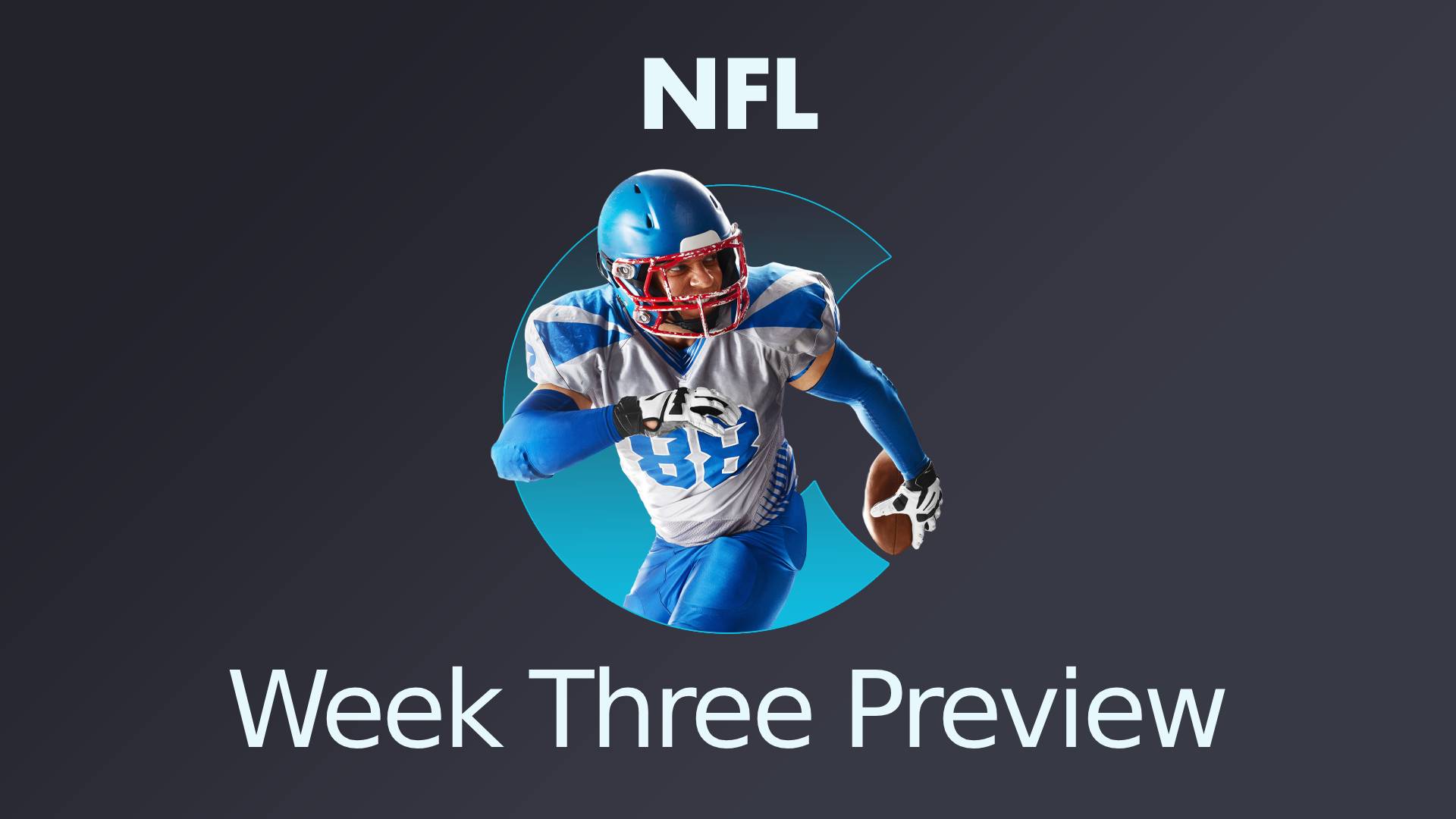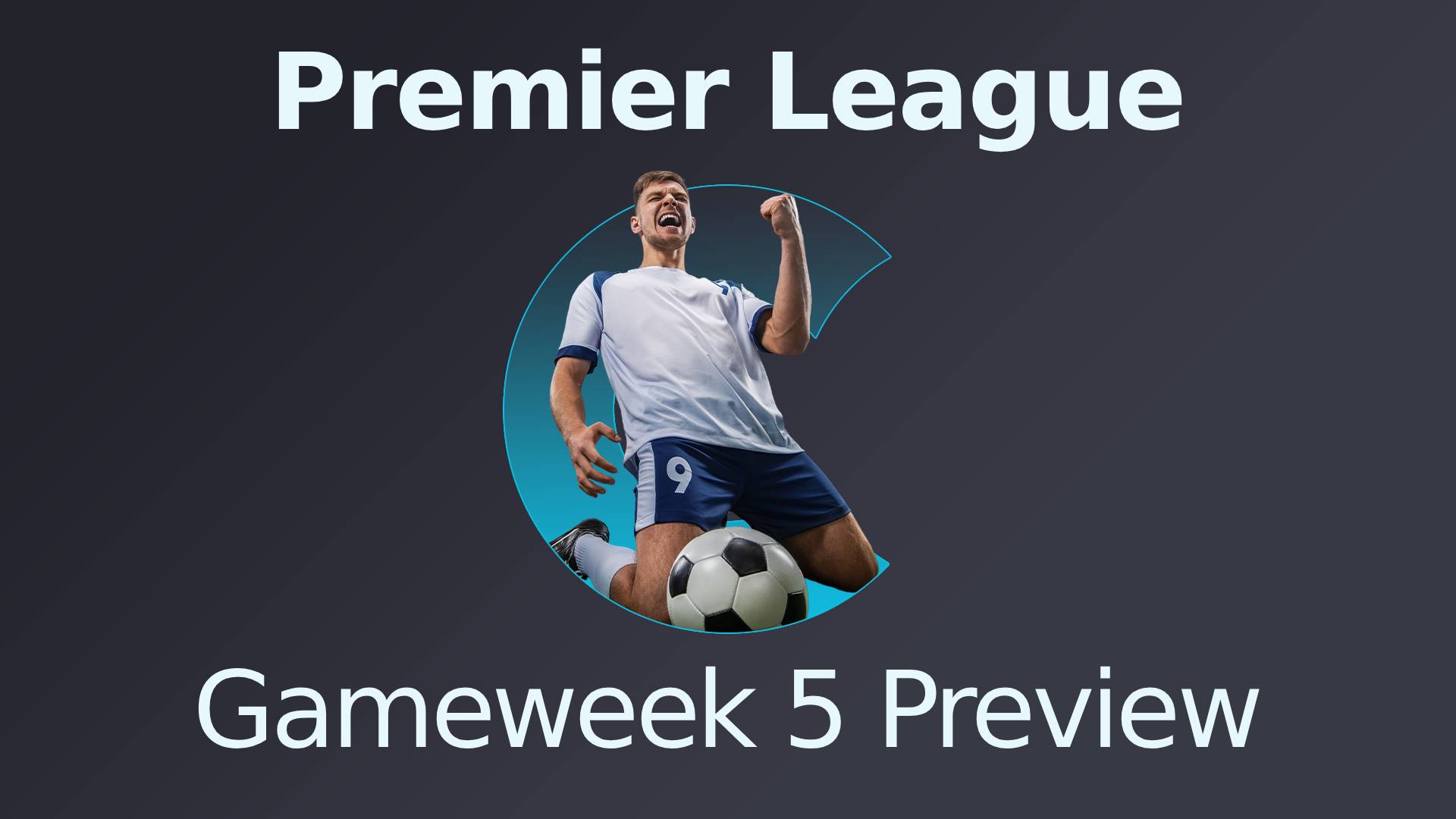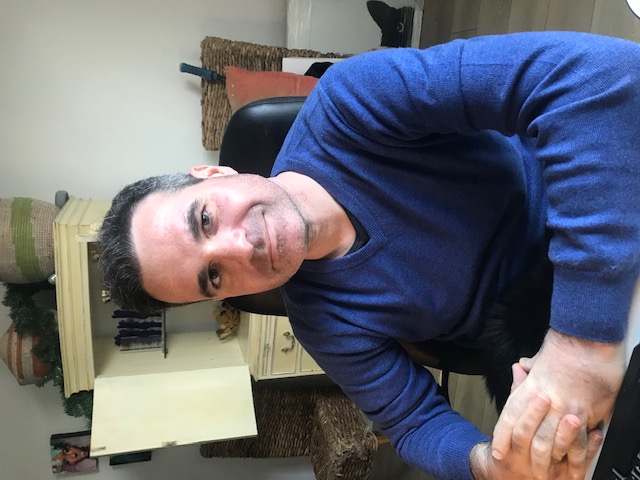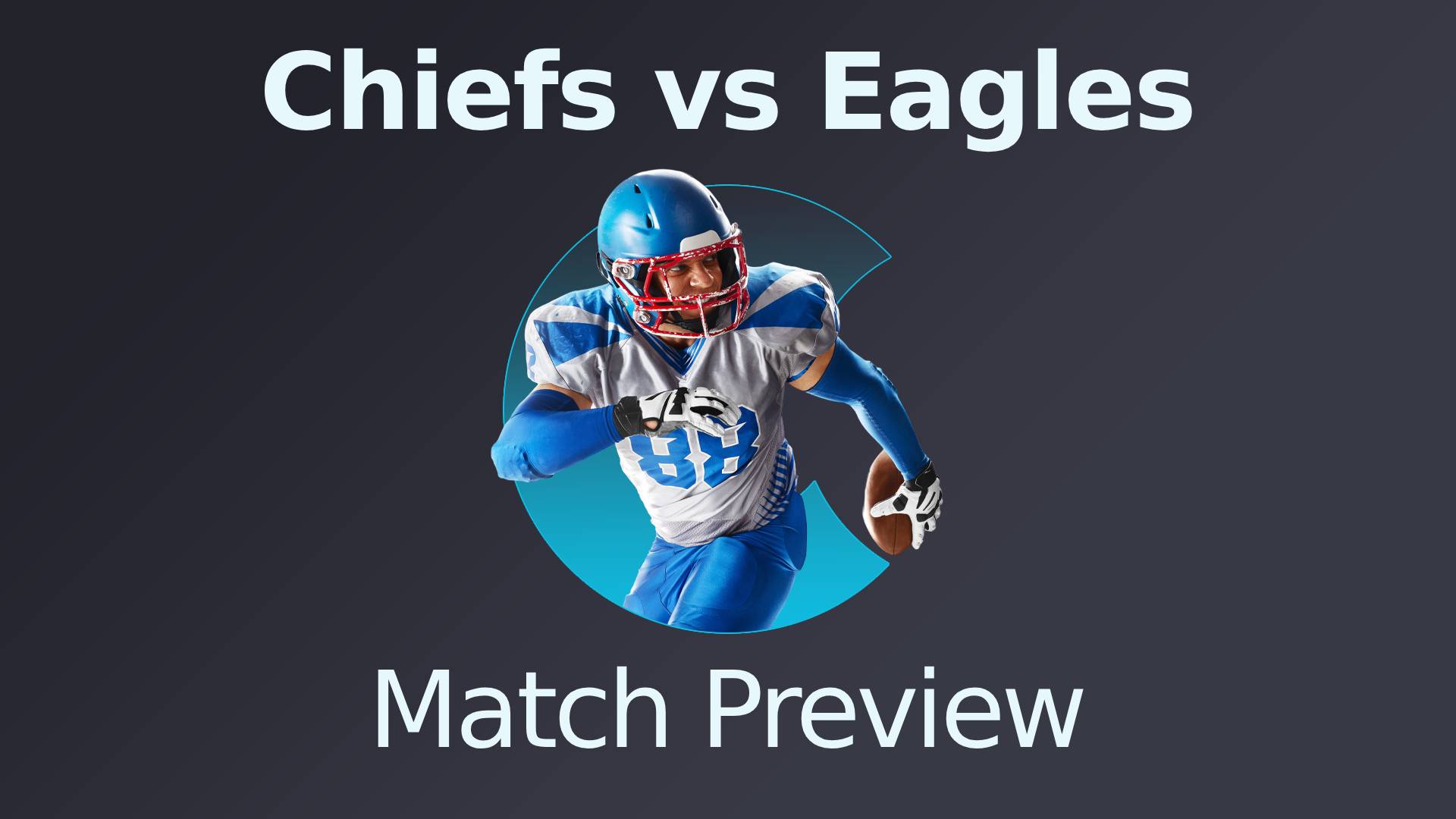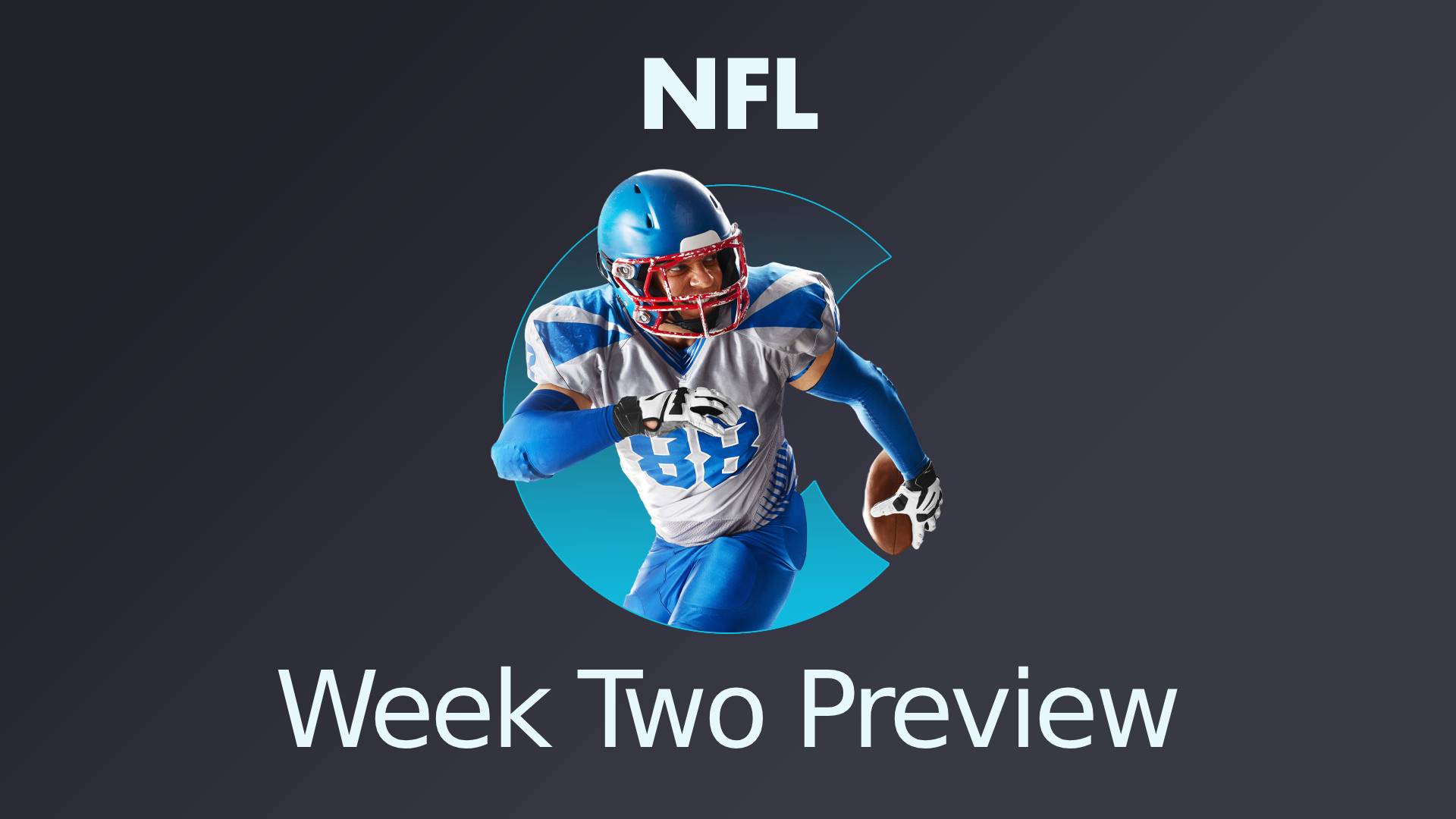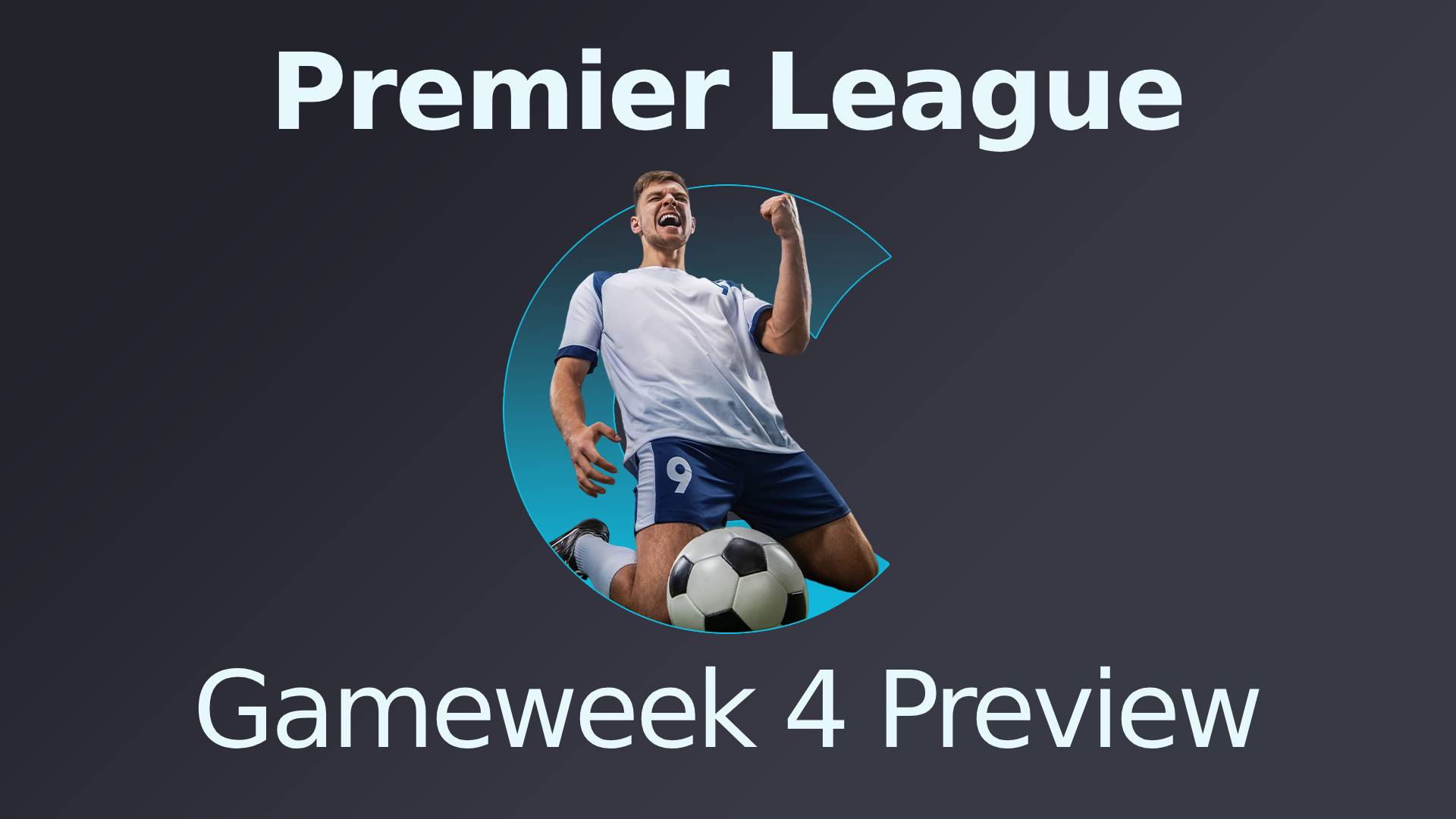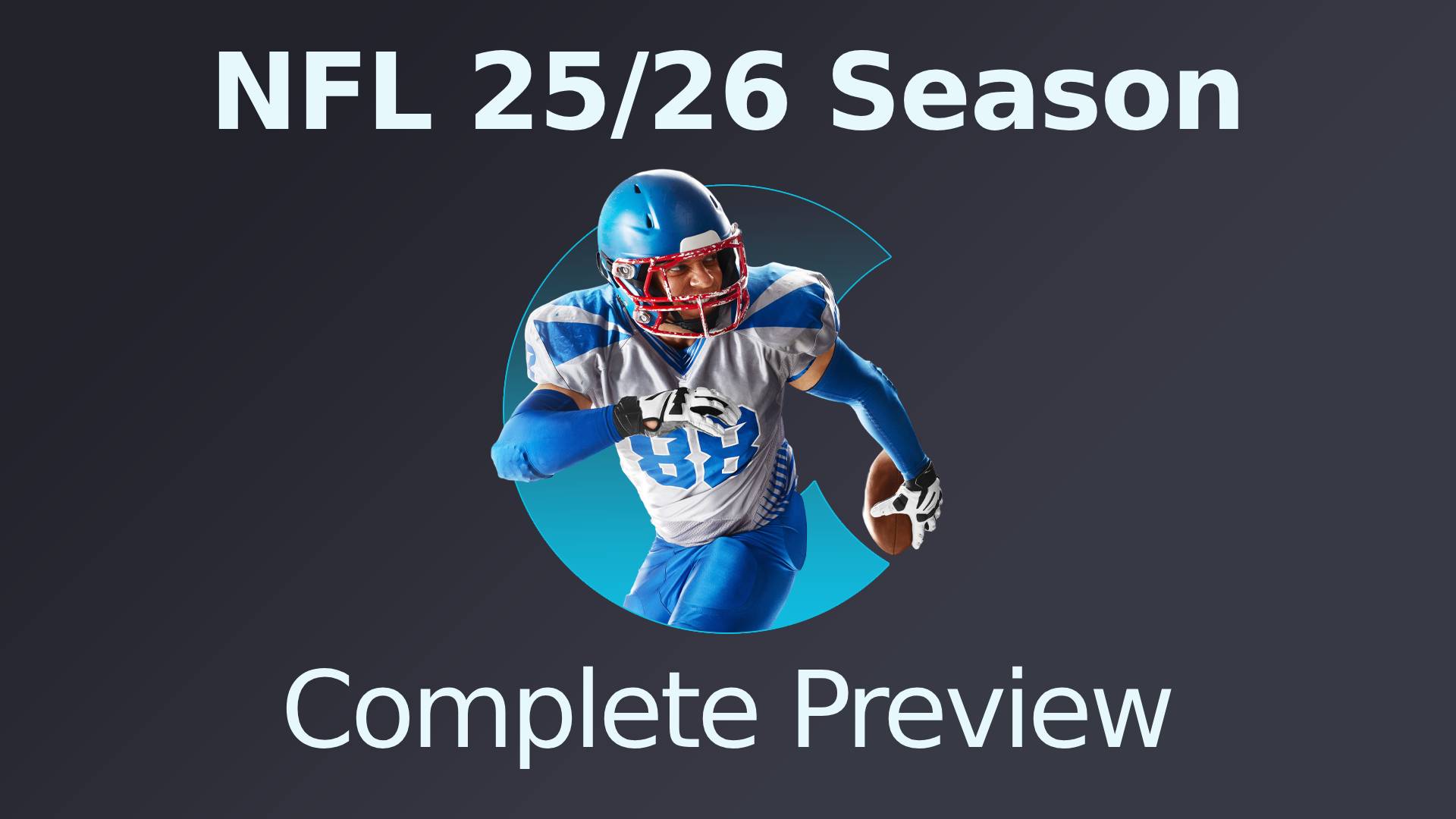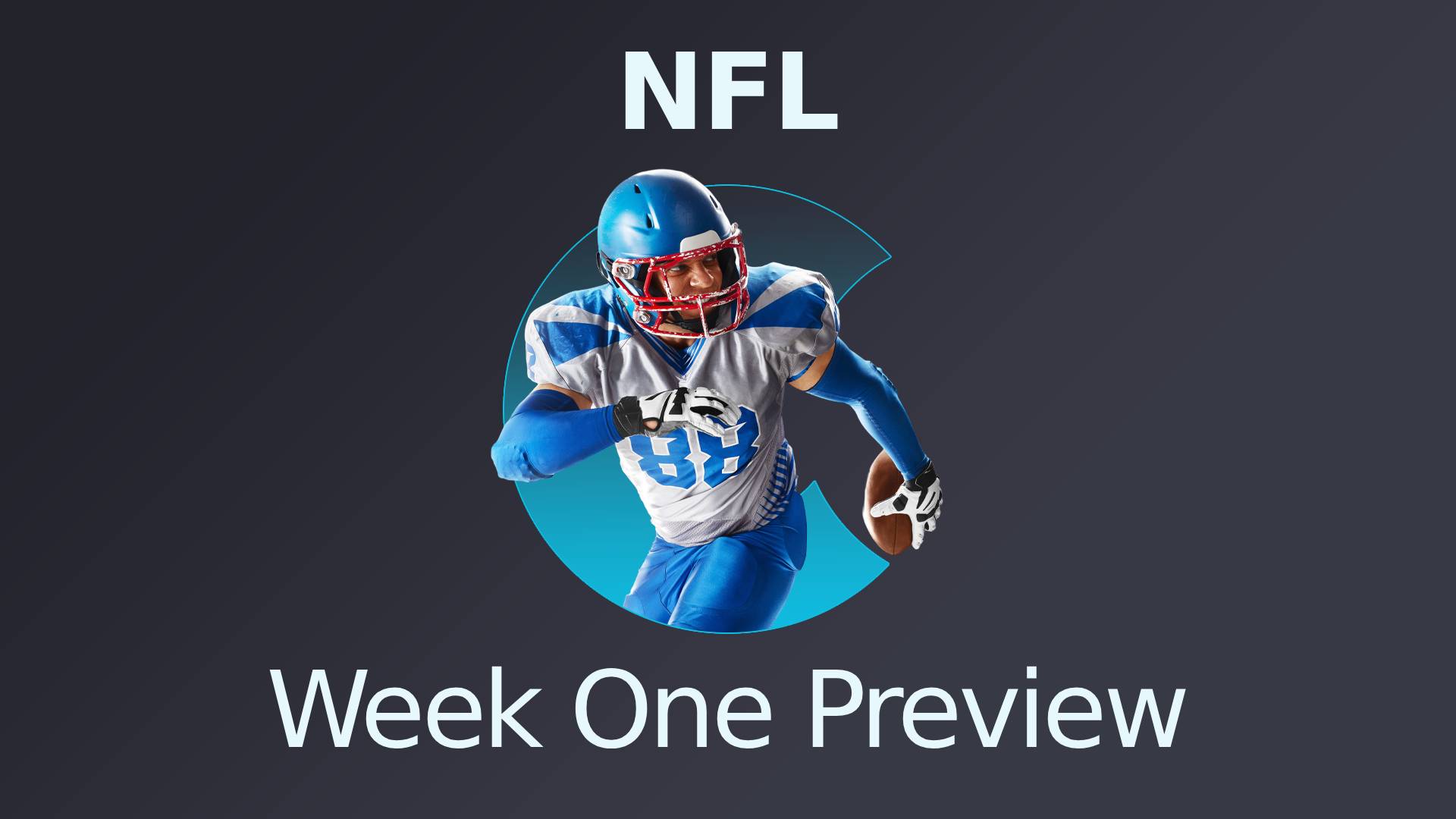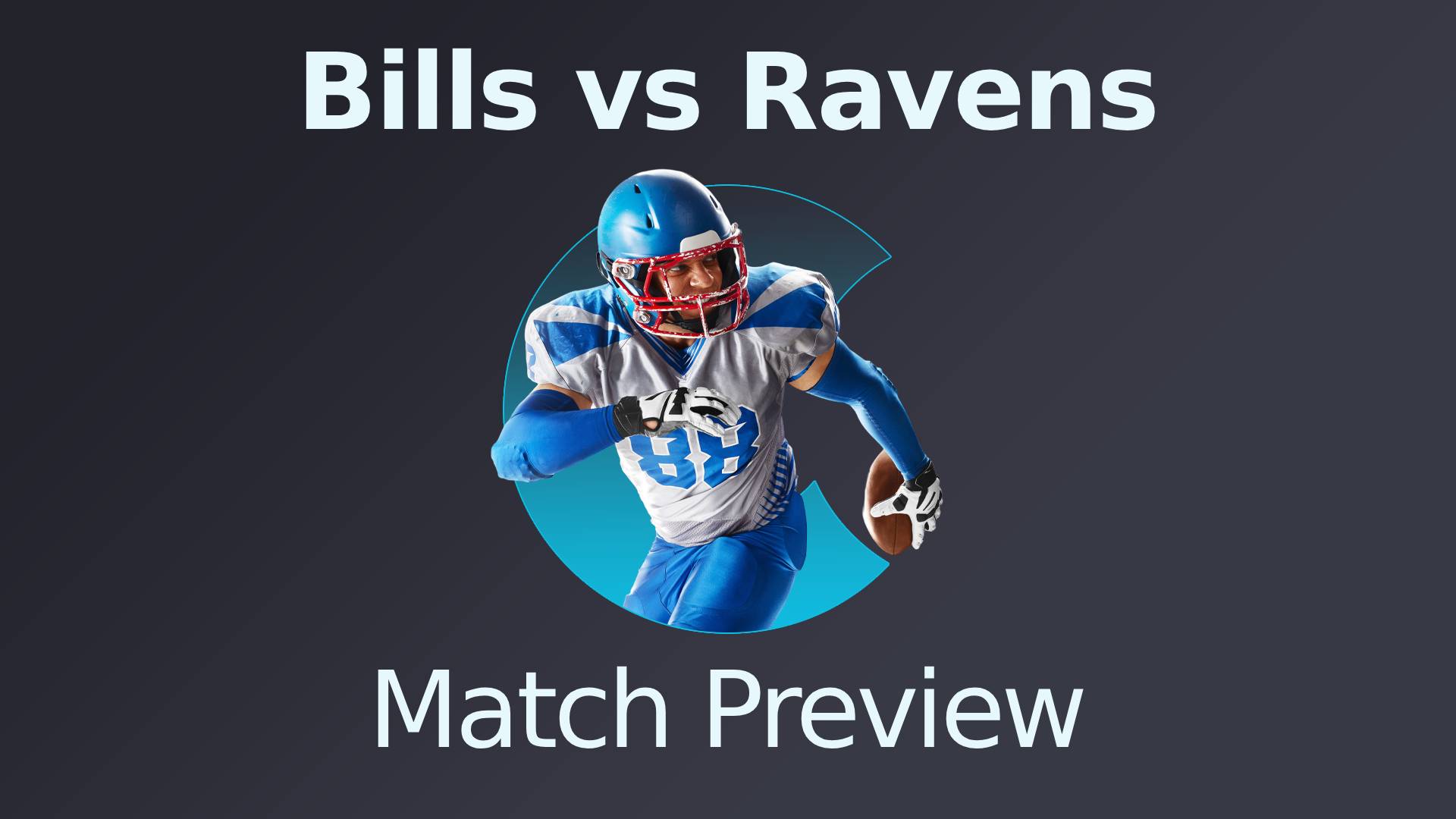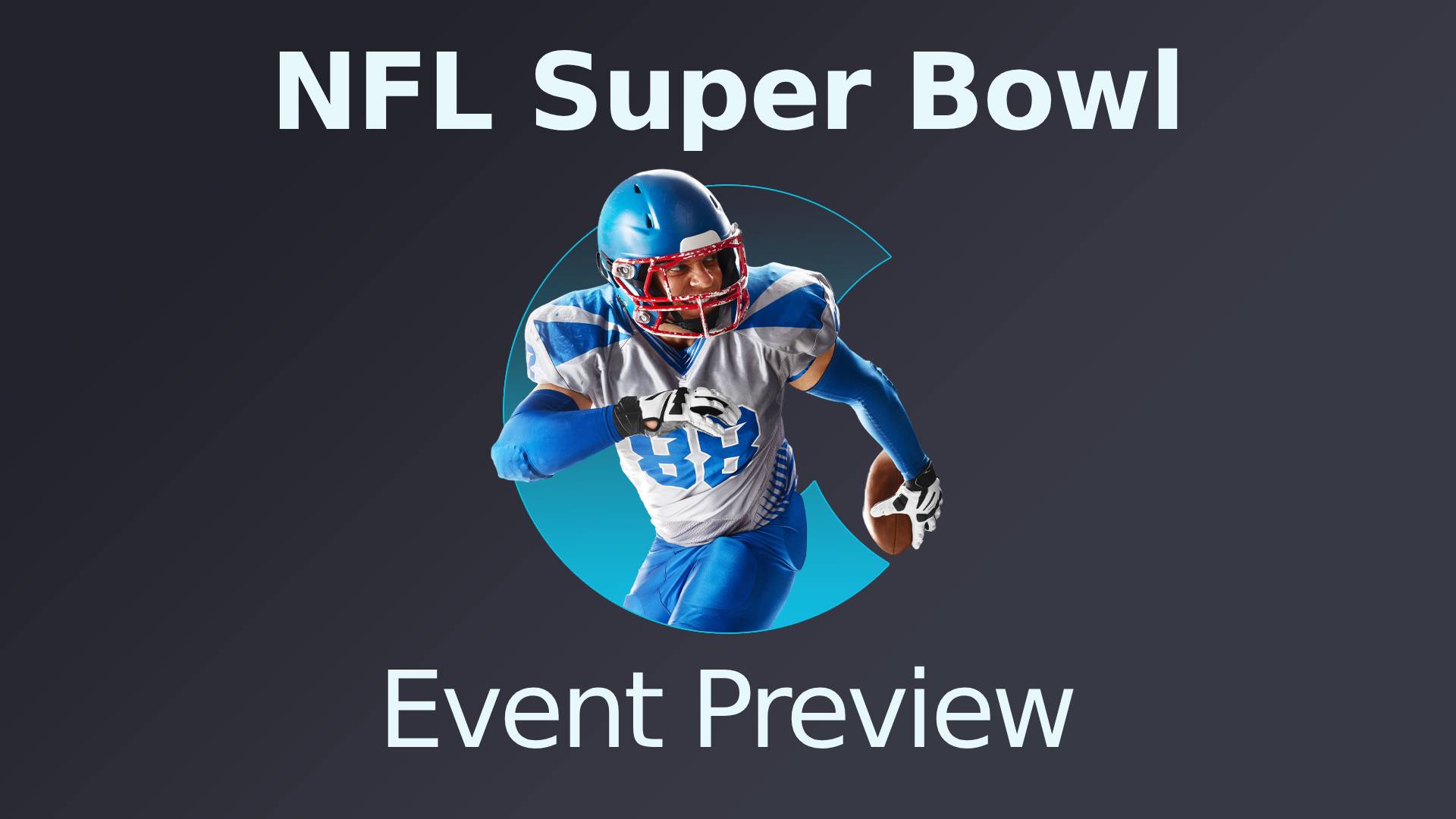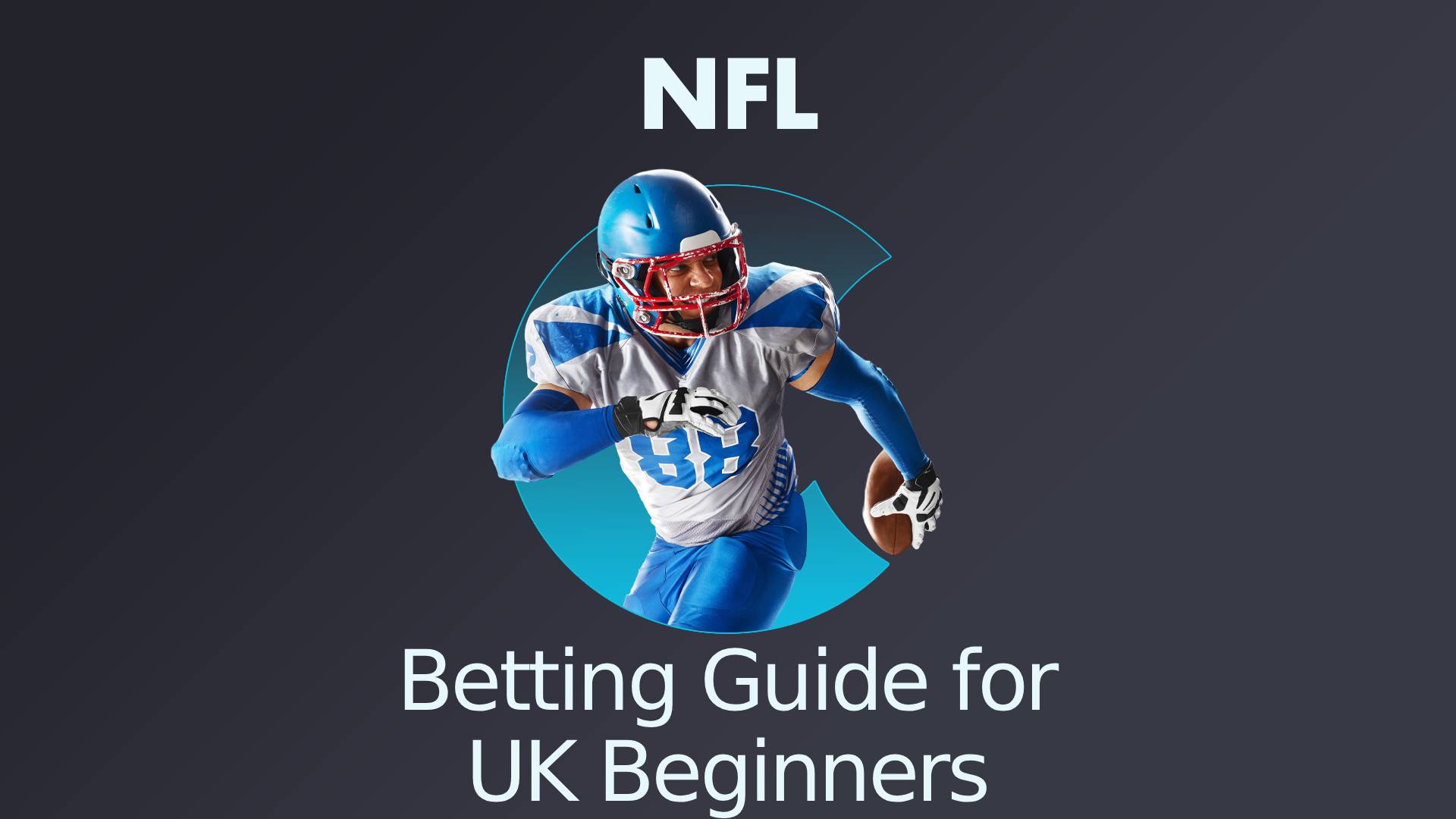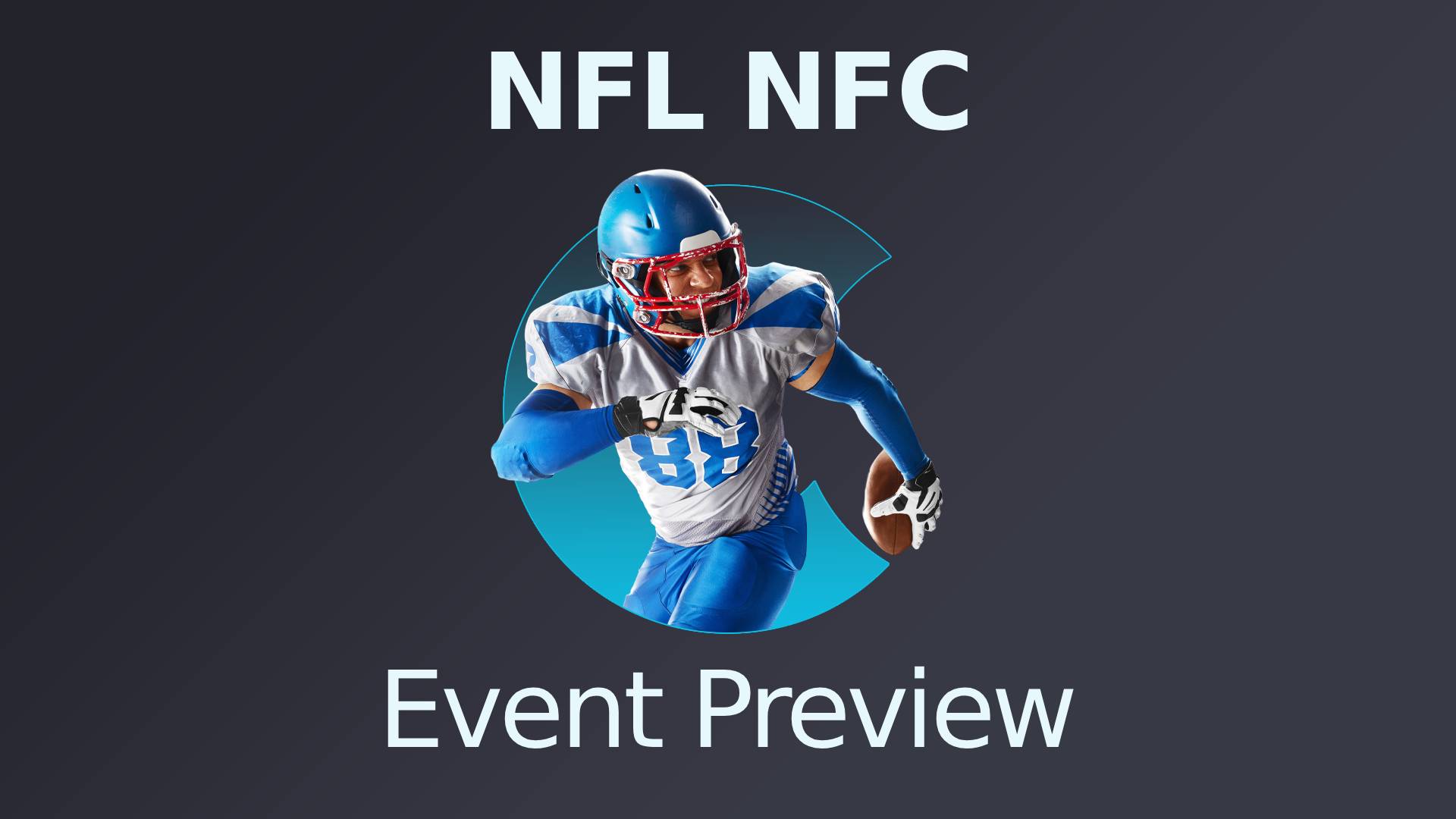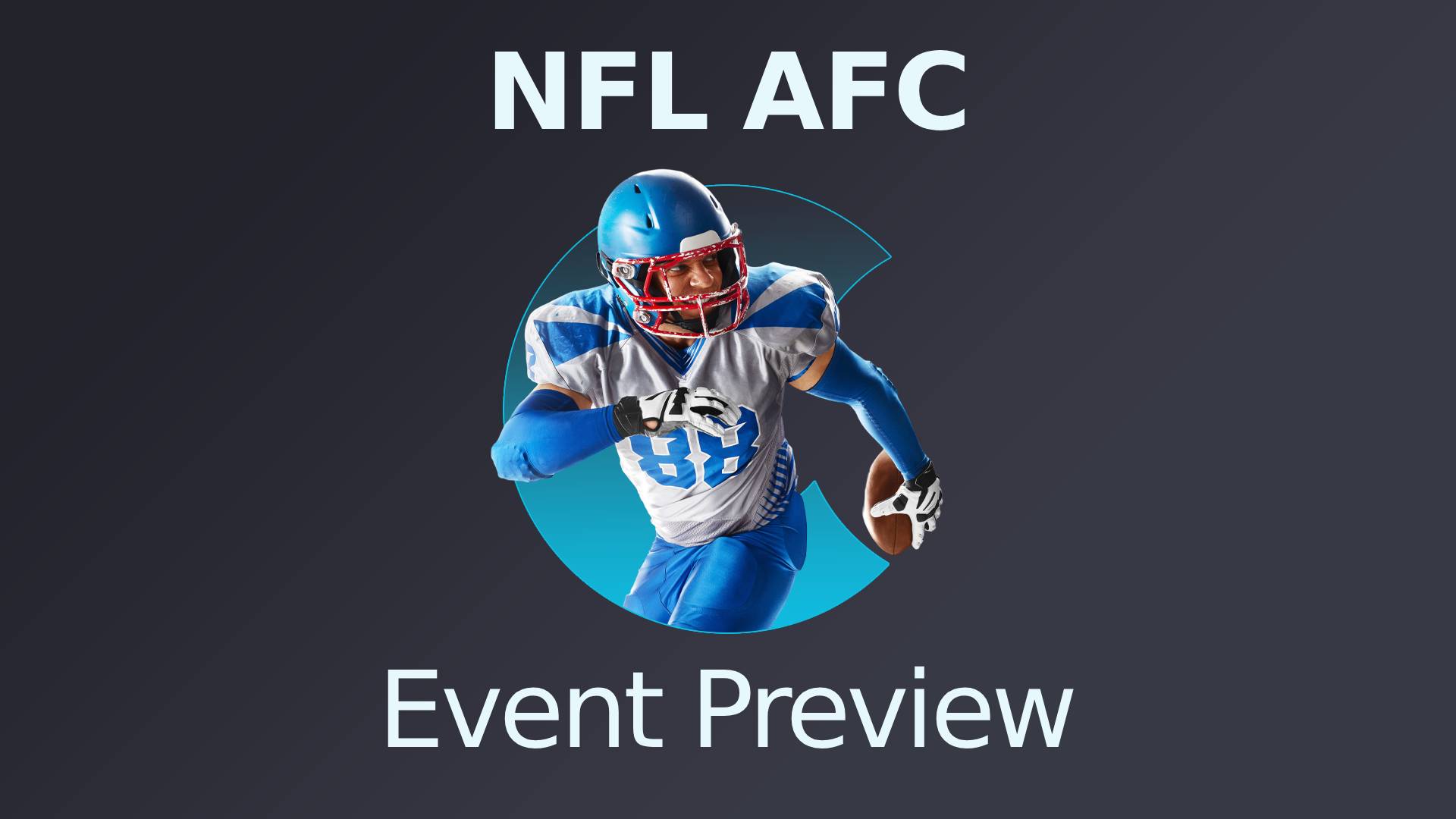All latest news
Featured News
The 2025/26 Premier League campaign is now in full swing, as we settle in for the second weekend of action following the early-season international break. Saturday lunchtime serves up an intriguing Merseyside derby, as an improving Everton outfit make the short trip to Anfield to face reigning champions Liverpool. Following the conclusion of the four 3pm…
Tony Pulis has backed Sunderland and Leeds United as the two clubs who can survive the drop in the Premier League this season after winning promotion last year. In an exclusive interview with compare.bet, the mastermind of Stoke City’s most recent topflight era set out how he thinks the three promoted sides can keep up…
The standout game from Week Two of the 2025 NFL season comes from Arrowhead Stadium on Sunday as the Kansas City Chiefs face the Philadelphia Eagles in a Super Bowl rematch, which will be televised on both Sky Sports NFL and Channel 5 Action at 9:25pm BST.
After the thrills and spills of the opening round of fixtures from the new NFL campaign, all eyes are on Week Two’s action from across the United States. UK viewers can catch the action on Sky Sports NFL, with RedZone available via NFL Game Pass. The first game begins at 1:15am BST on Friday morning,…
The first international break of the season is in the books and attention turns to the return of the Premier League this weekend with a host of intriguing matches. Sunday’s Manchester derby at the Etihad will be top of the bill, while there are also a couple of huge London derbies as West Ham prepare…
The Philadelphia Eagles are the defending champions entering the 2025-26 season, having won Super Bowl LIX 40-22 over the Kansas City Chiefs in February. With one of the best quarterbacks in the competition, Jalen Hurts, and one of the top offensive teams, allied with being one of the most physical sides out there, they could…
The 2025 NFL season kicks off on Thursday with the Super Bowl champion Philadelphia Eagles set to host the Dallas Cowboys in a battle of NFC East rivals. A stacked Week 1 slate features the first NFL International Series matchup of the year, 14 Sunday games and a pair of prime-time clashes to close out…
There’s a mouth-watering showdown to look forward to in the early hours of Monday morning (01:20 BST kick-off), as the Buffalo Bills welcome the Baltimore Ravens to Highmark Stadium in Week 1 of the 2025 NFL season. Expected to be title challengers again this season, these sides clashed in the playoffs last term, with the…
The 2025 NFL season is just days away and for six months 32 teams will put everything on the line to try and lift the Vince Lombardi Trophy. Last year’s winners, the Philadelphia Eagles, will hope to win the title for a second straight season, but that is a tough ask and NFL fans will…
The 2025-26 NFL season starts on September 4th and promises to be a cracker. The world of NFL betting UK is somewhat different to that of say Premier League football in terms of such things as when the season runs from, the format and the fact that in the NFL there’s a grand finale, with…
The wait is nearly over for the 2025 NFL season and it will not be long before the 32 teams put it all on the line to try and win the Vince Lombardi Trophy. The 16 NFC teams will all look to follow in the footsteps of last year’s winners, the Philadelphia Eagles. Nick Sirianni’s team…
The 2025 NFL season is just days away and the excitement is building as teams prepare their rosters for the upcoming campaign. As per usual in the NFL, 16 teams in the NFC will compete for the NFC Championship and the winner of that match will face the AFC Championship winner in the Super Bowl….
